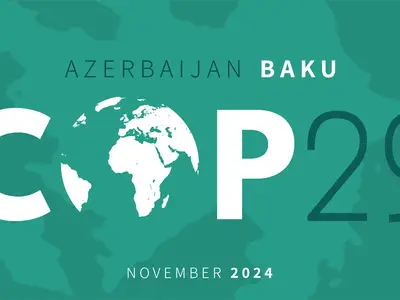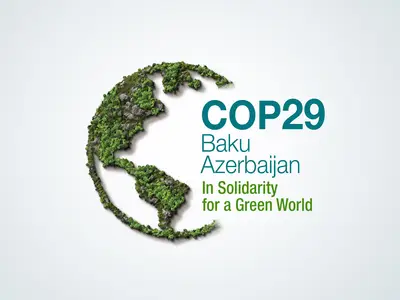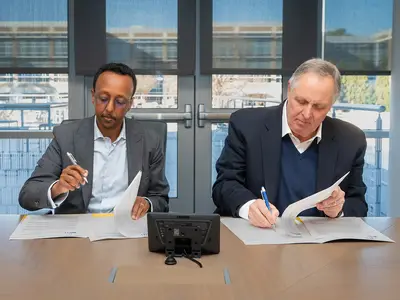Offering expertise in the strategic, technical, and policy aspects of energy markets
Access to reliable energy services is a cornerstone of strong markets everywhere. We advise governments around the world on methods that can help countries build more stable and secure energy sectors. With our partners, we work to:
- Advance energy sector resilience and security, new generation capacity, and energy-efficient solutions.
- Foster enabling policy environments.
- Catalyze public and private investment in energy.
- Strengthen local capacity to grow, innovate, and deliver quality energy services.
Our Approach
We provide technical guidance to increase the confidence of private investors in low-income countries, and we support promising energy projects through strong industry connections and a global network of experts. To ensure that impacts endure over time, we connect commercial and financial stakeholders in partner countries to build lasting supply chains.
We enhance the capacity of organizations across the energy value chain—from national electricity regulators to small, rural solar companies—by providing training and tools necessary for effective operations.
By the Numbers
To date, RTI has worked with local partners around the world to support:
$ 0 B
in energy investments
0 M
new energy connections
0
gigawatts of new capacity
Related Projects
Exploring How Expanding Electricity Access in Kenya Impacts Jobs and Incomes
Read More about Exploring How Expanding Electricity Access in Kenya Impacts Jobs and Incomes



















